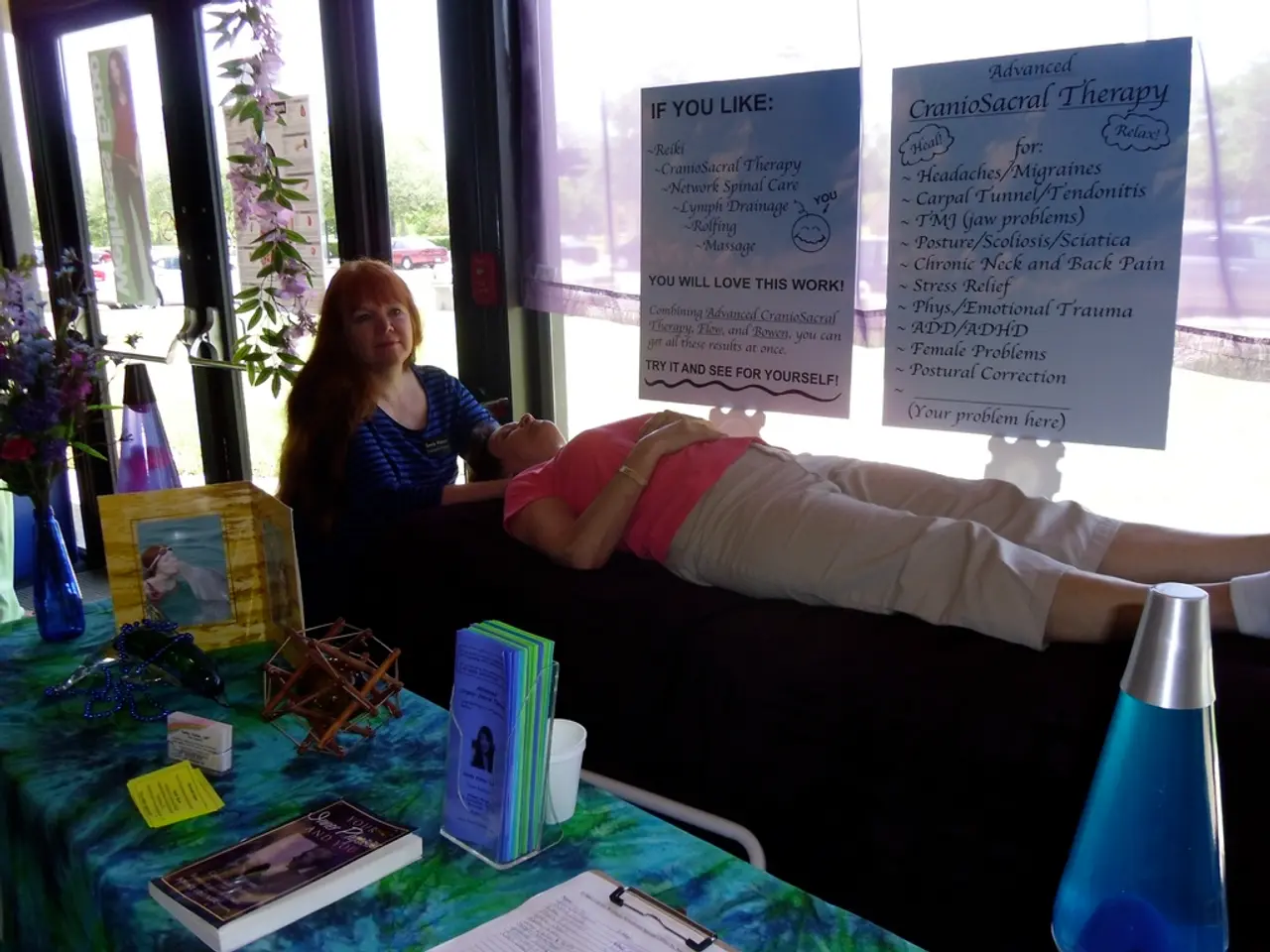Meditation Alleviates Symptoms of PTSD
Meditation is increasingly being recognised as a beneficial aid for individuals living with Post-Traumatic Stress Disorder (PTSD). According to the National Institute of Mental Health, around 3.6% of US adults have experienced PTSD in the past year.
PTSD is a psychiatric condition that can develop after witnessing or experiencing traumatic events such as natural disasters, car wrecks, or acts of terror. Symptoms can include intrusive memories (flashbacks and nightmares), avoidance, negative changes in thinking and mood (hopelessness and self-doubt), and heightened arousal or reactivity (feeling constantly on edge, jumpiness, and sleep difficulties).
Meditation can offer multiple benefits for PTSD patients, including reducing PTSD symptoms, lowering anxiety and depression, improving emotional regulation, decreasing stress, and enhancing overall mental well-being. It can also complement psychotherapy and medication without interfering with these treatments.
Several specific meditation techniques have been found to be particularly effective for managing PTSD symptoms. Mindfulness Meditation, for example, involves paying nonjudgmental attention to the present moment, which helps reduce intrusive thoughts, flashbacks, and anxiety often experienced by PTSD patients.
Grounding Techniques, such as focusing on sensory experiences to anchor the mind in the present, can also be helpful. Deep Breathing Exercises and Body Scan Meditation are other practices that can assist in calming the nervous system, reducing anxiety, and promoting grounding.
MRI studies show that regular meditators have increased gray matter in brain zones linked to focus, emotion regulation, and stress busting. An article in Social Cognitive and Affective Neuroscience found an increase in cortical thickness in regular meditators, which is beneficial for managing emotions.
Loving-Kindness Meditation has been found to lower PTSD symptoms, according to a pilot study. Mindfulness-Based Stress Reduction (MBSR), a combination of mindfulness and yoga, has been shown to reduce PTSD symptoms, especially in veterans. Transcendental Meditation, presented as a non-drug option for PTSD treatment, has also been endorsed by a Military Medicine study as an effective approach for managing PTSD.
Cognitive Behavioral Therapy (CBT) and Eye Movement Desensitization and Reprocessing (EMDR) can be effectively combined with meditation for PTSD treatment. Getting started with meditation can be easy by setting realistic goals, seeking solitude, using guided apps, finding a consistent time and place, and being patient with progress.
Meditation can also help tackle hyperarousal and improve sleep quality in people with PTSD. Moreover, it fosters neuroplasticity, which is crucial for those dealing with PTSD patterns. Mindfulness meditation has been shown to help tone down intrusive thoughts and boost emotional regulation in people with PTSD.
Professional guidance can help tailor meditation techniques as part of a broader PTSD management plan. With its potential to reduce symptoms, lower anxiety and depression, and improve coping skills for trauma-related symptoms, meditation is a valuable tool in the arsenal against PTSD.
- Guided meditation can serve as a valuable tool in the arsenal against Post-Traumatic Stress Disorder (PTSD), offering benefits such as reducing PTSD symptoms and lowering anxiety and depression.
- Mindfulness Meditation, a practice that involves paying nonjudgmental attention to the present moment, has been found to reduce intrusive thoughts, flashbacks, and anxiety often encountered by PTSD patients.
- Grounding Techniques, like focusing on sensory experiences to anchor the mind in the present, can also be effective in managing PTSD symptoms.
- Deep Breathing Exercises and Body Scan Meditation are other meditation practices that can assist in calming the nervous system, reducing anxiety, and promoting grounding for PTSD patients.
- Regular meditation has been associated with increased gray matter in brain zones linked to focus, emotion regulation, and stress busting, according to MRI studies.
- Loving-Kindness Meditation, a technique that lowers PTSD symptoms, and Mindfulness-Based Stress Reduction (MBSR), a combination of mindfulness and yoga, have shown promise in reducing PTSD symptoms, especially in veterans.
- Transcendental Meditation, a non-drug option for PTSD treatment, has been endorsed as an effective approach for managing PTSD, as indicated by a Military Medicine study.




